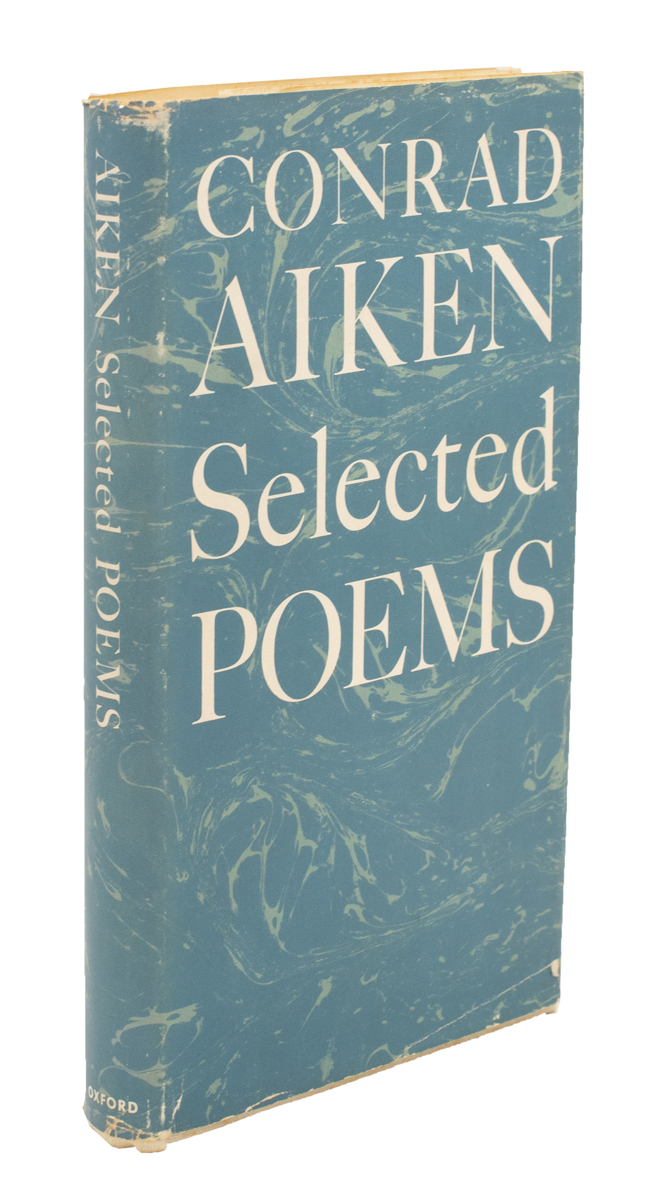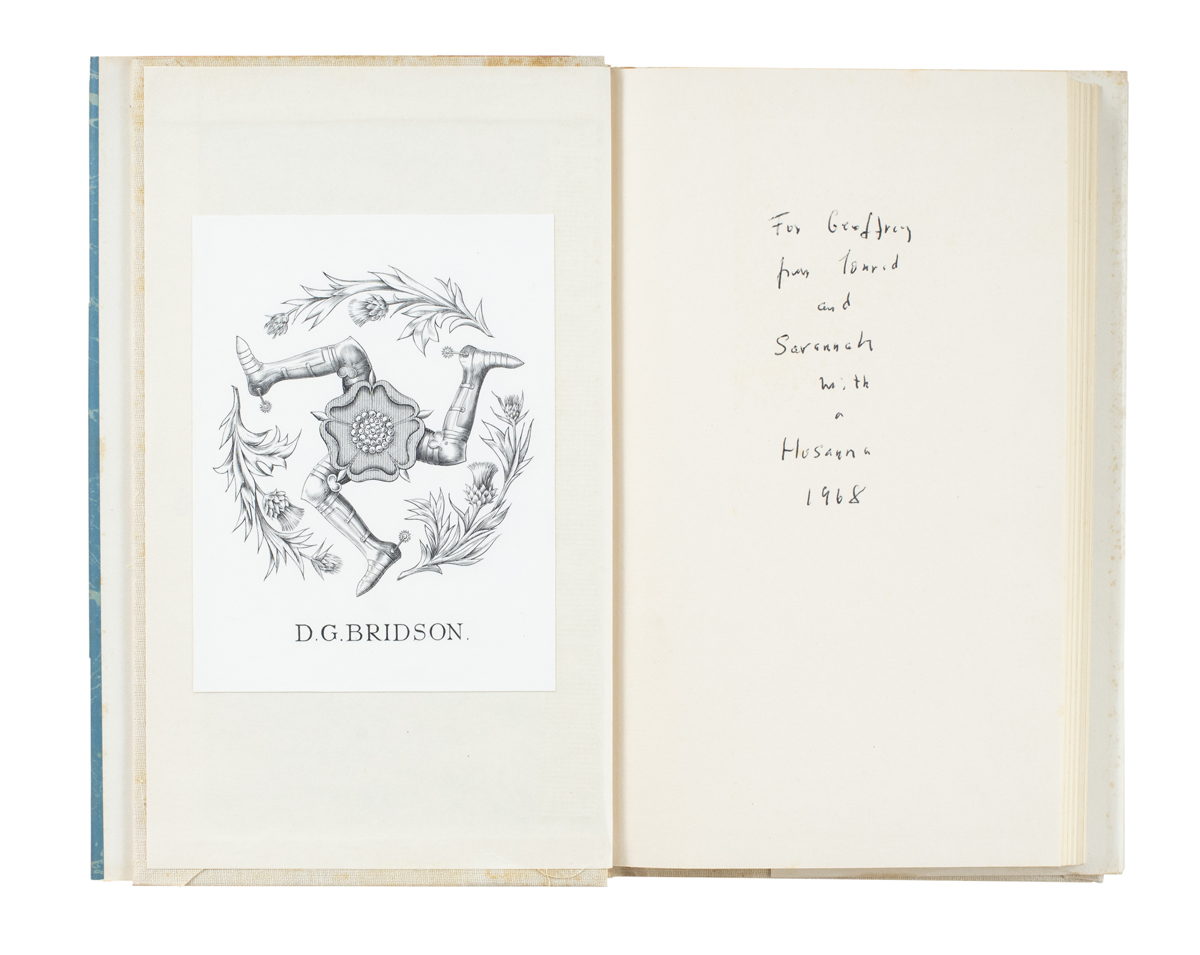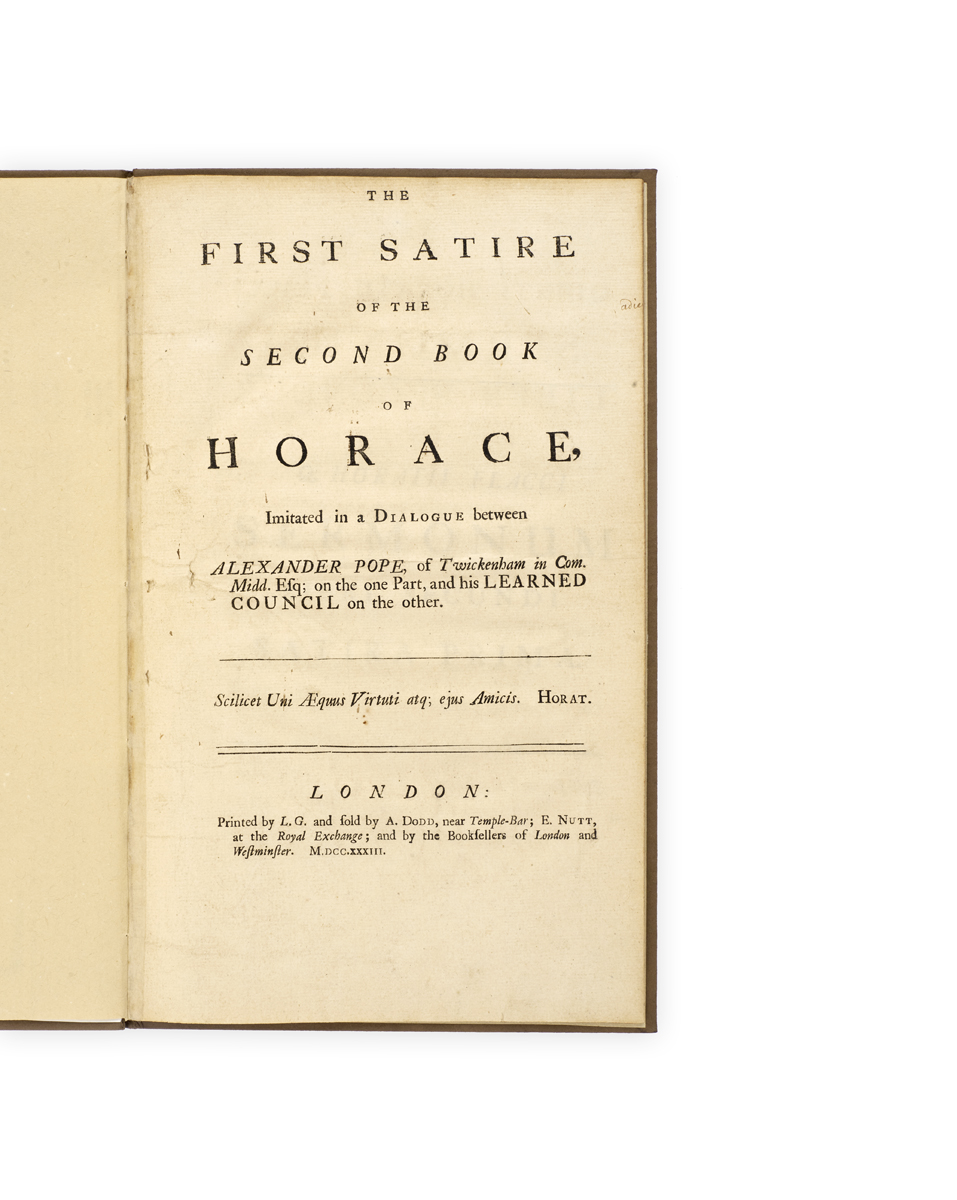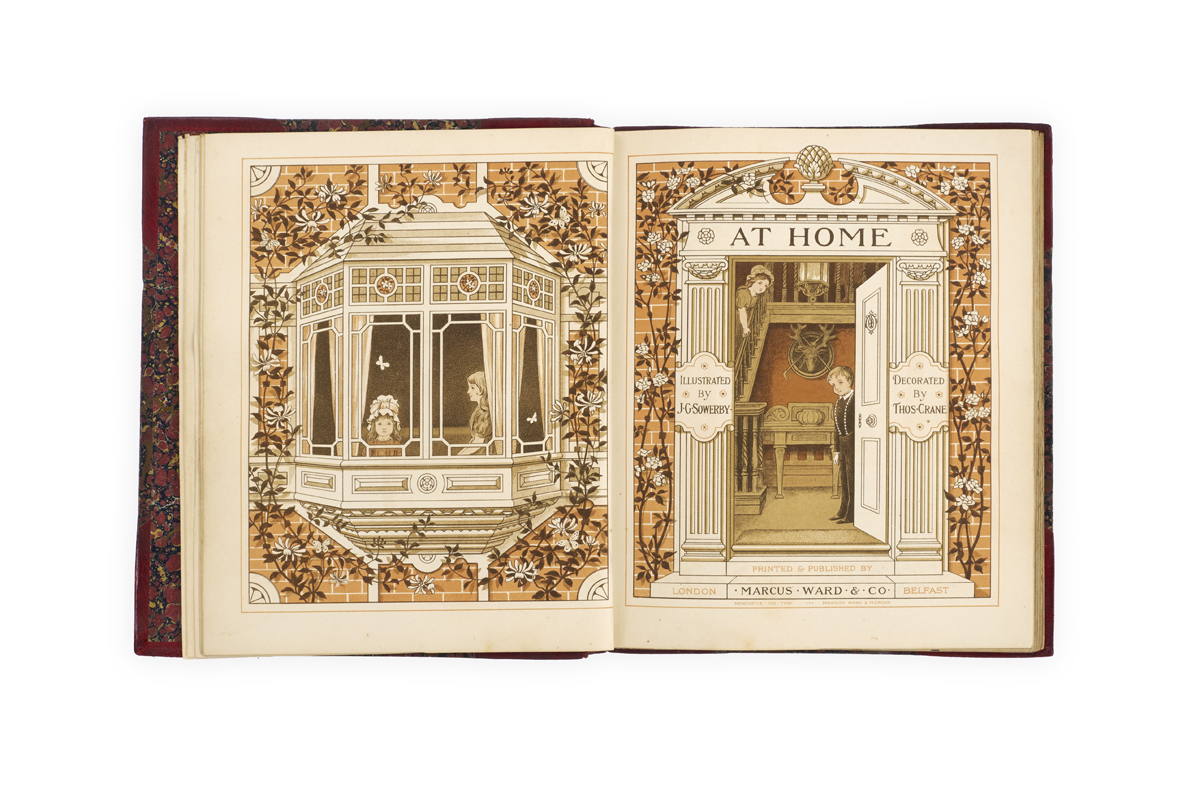

RECORDING AIKEN IN SAVANNAH
AIKEN, Conrad.
Selected Poems.
New York, Oxford University Press, 1964.
8vo, pp. vii, [1], 274; publisher’s stone cloth, printed in blue and green; blue marbled dustjacket; a fine copy in a good jacket, some wear to edges; bookplate of D. G. Bridson.
£150
US $193 €177
If you wish to order more than one copy of this publication please make an enquiry. Add to basket Make an enquiry
Second printing (first 1961), inscribed: ‘For Geoffrey from Conrad and Savannah with a Hosanna 1968’. Born in Savannah, Georgia, Aiken spent winters there later in his life. It was in Savannah in April 1968 that Bridson recorded the unbroadcast interviews which provide a valuable insight into the traumas of Aiken’s early life (see Butscher, Conrad Aiken: Poet of the White Horse Vale, p. 463).

